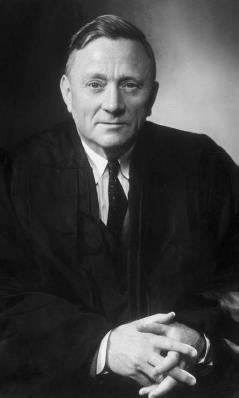The Vinson Court (1946–53)First Amendment |
What did the Vinson Court say about released-time plans that allow religious education for public school students? |
The Vinson Court issued decisions concerning release-time plans in two cases—McCollum v. Board of Education (1948) and Zorach v. Clauson (1952)—with contrasting results. Release-time plans allow students in public schools to receive religious instruction during the school day. In McCollum, schools in Champaign County, Illinois, allowed paid religious instructors to come to the public schools to provide religious instruction to students thirty minutes every week. Students whose parents signed a permission slip could attend the classes. A parent sued, contending that the practice violated the Establishment Clause. “Pupils compelled by law to go to school for secular education are released in part from their legal duty upon the condition that they attend the religious classes,” wrote Justice Hugo Black for the majority. “This is beyond all question a utilization of the tax-established and tax-supported public school system to aid religious groups to spread their faith.”
However, the Court reached a different result in Zorach v. Clauson, which reviewed a New York Board of Education policy that allowed public school students to travel during the school day to receive religious instruction. The U.S. Supreme Court ruled this practice acceptable, focusing on the fact that the students in Zorach were not receiving religious instruction on school grounds, as in McCollum. “In the McCollum case the classrooms were used for religious instruction and the force of the public school was used to promote that instruction,” Justice William O. Douglas wrote for the majority. “Here, as we have said, the public schools do no more than accommodate their schedules to a program of outside religious instruction.”

